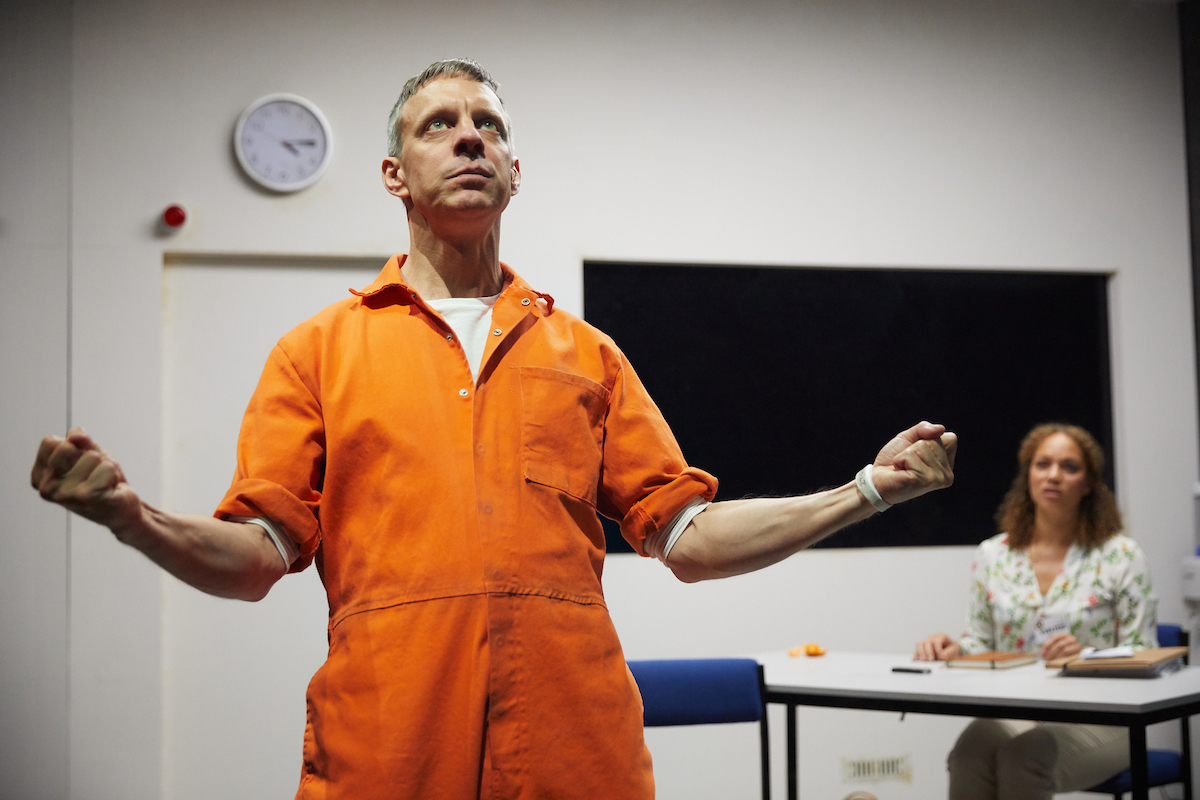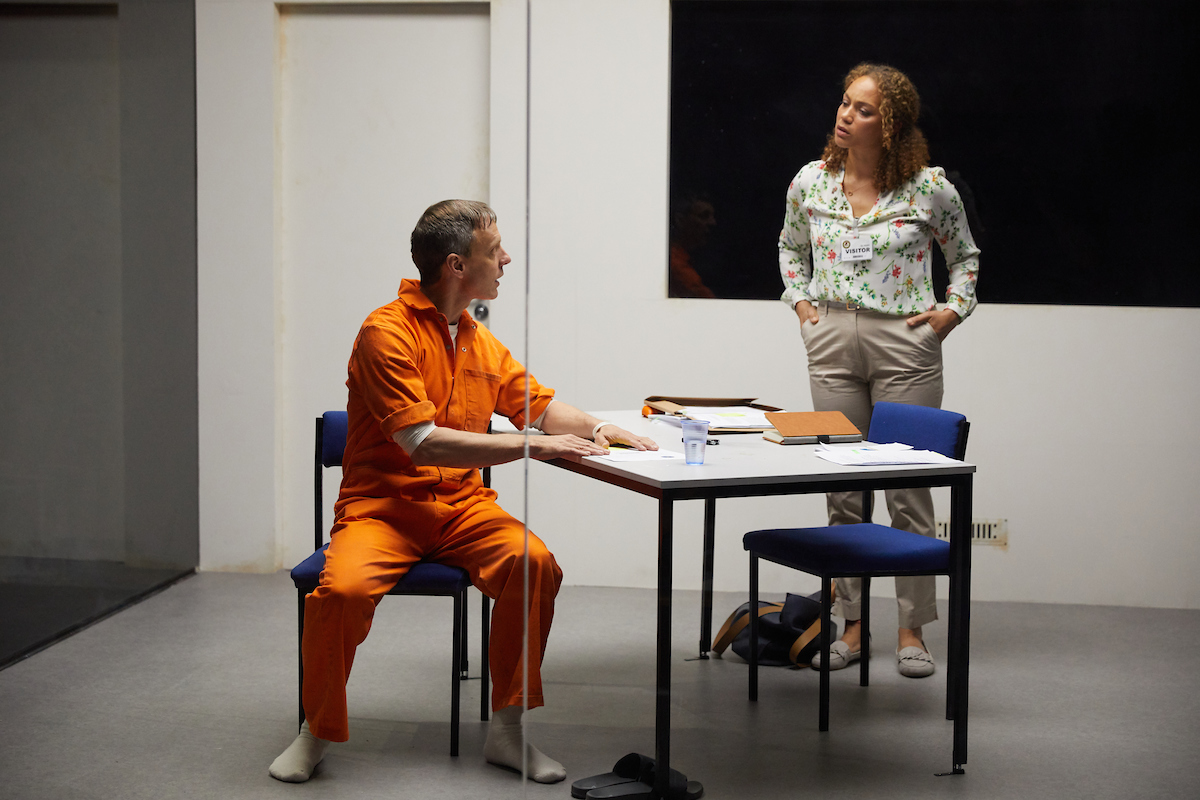History sometimes repeats itself. Horrific, traumatic, sad moments in time happen. We have remembrance days, cry over films, songs, plays made in memory, made so we don’t forget. We swear never again. Then it happens again.
Prepare yourself for an intense 80 minutes
Building the Wall [see listing] provides some insight into how truly inhumane moments can and do happen. How they can happen, not because of psychotic monsters masquerading as leaders make it so (though that is part), but because of the role of ordinary people. Prepare yourself for an intense 80 minutes.
Building the wall plays with the concept of what a wall is or represents. There are real walls built to keep people in or out, built for protection. The question of whose protection is raised in this production by Robert Schenkkan as well as the, perhaps, more dangerous and divisive walls that you can’t see. Who are they protecting and from what?
It is a play that causes discomfort for the audience because the questions it raises start to chip at the walls you may have created to keep your worldview, your view of self in place – safe, protected and unquestioned. Jez Bond’s clever direction places the audience as spectator, observing the conversation as the two protagonists circle each other like sparring opponents always visible from different angles as they are encased in a glass box. The glass walls protecting the audience from the contained conversation happening within but still drawing the audience in as the walls do not stop you from seeing, hearing or absorbing all that is happening within.
Angela Griffin plays the role of Gloria, the college professor, with strength and emotion. At times her interaction with the cell mate feeling more like an interrogating detective as opposed to an interviewing objective research college professor. But perhaps due to the subject matter and its personal nature it is no wonder that the position of objective observing researcher would slip into the human need to understand how another human could do something so inhumane.
Building the Wall contributes meaningfully in creating spaces and means to have important discussions openly around race and power
What is it to be inhumane? It suggests the carrying out of an act which is un-human. Yet if history does keep repeating itself could it be argued that some of these acts we abhor are actually very human? Trevor White as Rick works to bring forth the human side of the ‘criminal’ he disputes that he is. White helps us gain an insight into Rick’s motivation, his mind-set, the dangers of normalizing the dehumanization and inhumane treatment of a body of people.
The play brings in the race politics of the US from Trumps America to the killing of black people by police and the lack of response or general public outcry. All shaped around this desire to build a ‘beautiful wall’ to keep Latin Americans out of America.
Building the Wall contributes meaningfully in creating spaces and means to have important discussions openly around race and power. To discuss these issues not just in academic or theoretical terms but in relation to what is actually happening now. The play also highlights the role and responsibility we all have if we see those in power acting unjustly in our name.
Building the Wall’s themes will stay with you for much longer than the meaningful time spent in Park Theatre taking in this timely production.


























